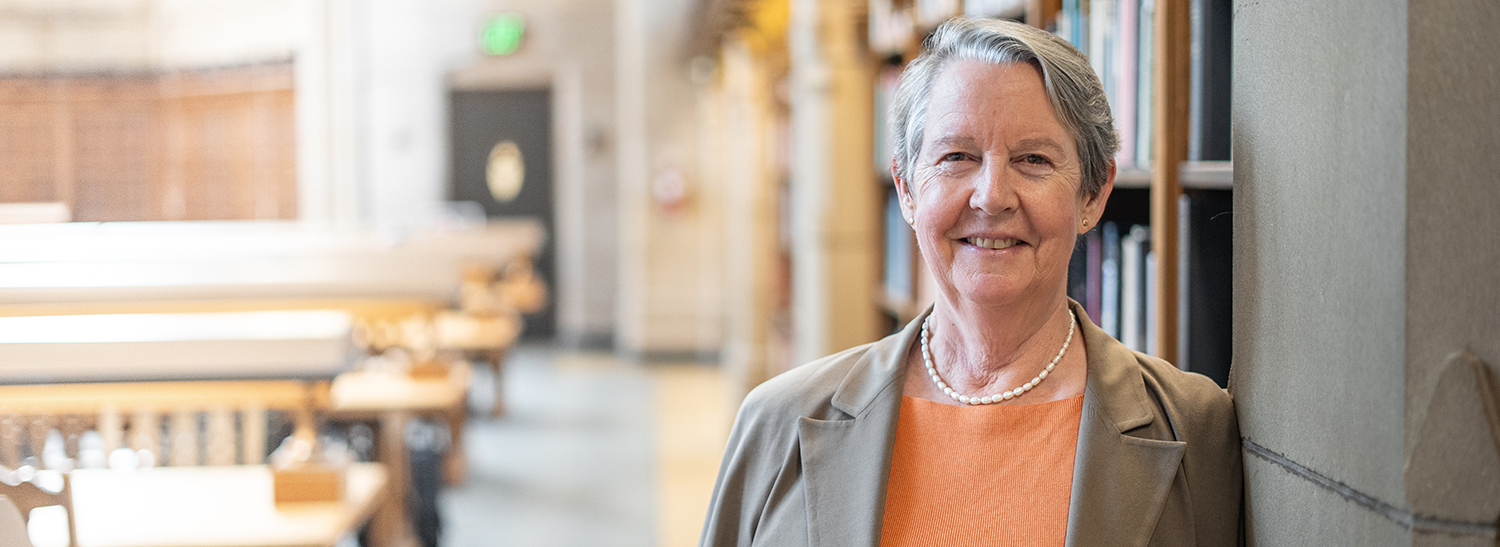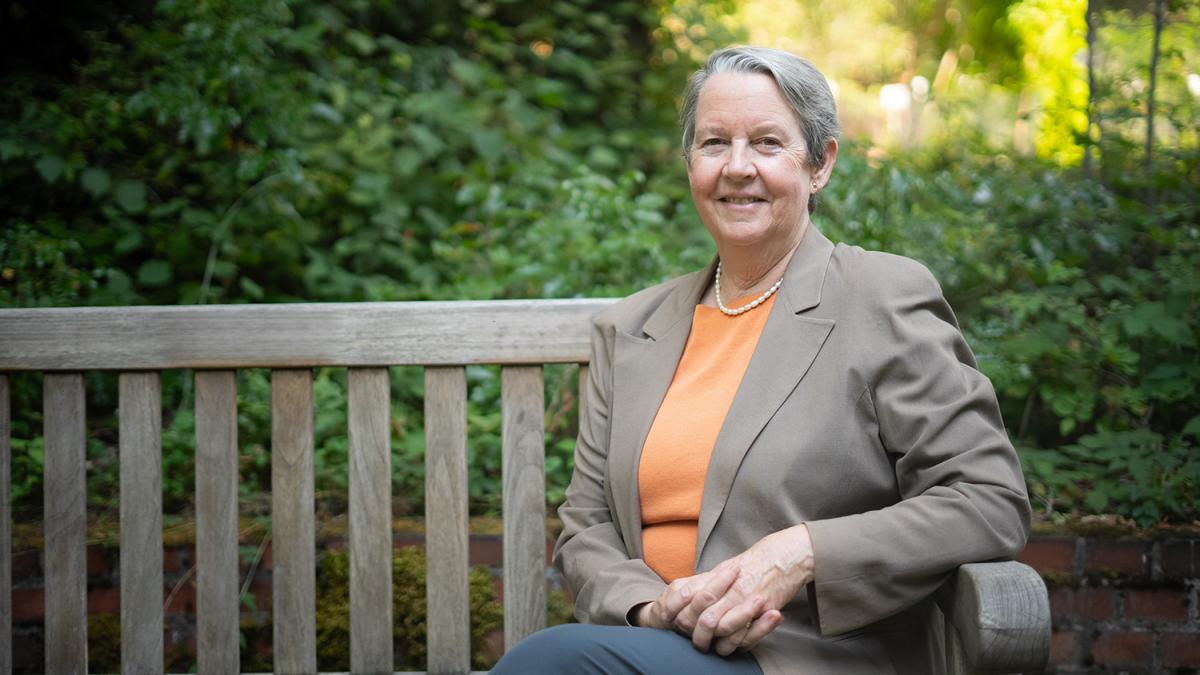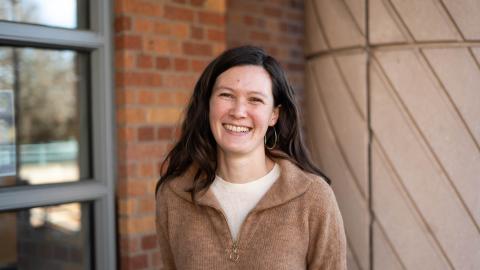Professor Lianne Sheppard’s bio recently grew a bit longer as she added a new title to her name. As of Sept. 1, 2024, Sheppard is the interim chair of the UW Department of Environmental & Occupational Health Sciences (DEOHS).
Sheppard is also the Rohm & Haas Endowed Professor in Public Health Sciences and professor in both DEOHS and the UW Department of Biostatistics. She has served as chair of the EPA Clean Air Scientific Advisory Committee, as a member of the EPA Scientific Advisory Board, and as chair of the UW School of Public Health (SPH) elected faculty council. While serving on faculty council, she played a key role in the overhaul of the SPH Academic Affairs Handbook.
We asked about her goals for the department, what drew her to public health and the changes she’s seen over the course of her career.
Lianne, before we talk about your vision for the department as interim chair, let’s start at the beginning. When did you become interested in environmental health?
Well, that’s a long story! I was a psychology major, working with Jpeigo (initially called the Johns Hopkins Program for International Education in Gynecology and Obstetrics), an organization established at Johns Hopkins University in 1973. When I worked there in the 1980s, Jpeigo was training physicians and nurses in developing countries on the latest reproductive health technology, and I became interested in public health from that experience. I decided to study biostatistics because then I could apply my skills to lots of different public health topics.
After graduating with a ScM from Johns Hopkins, I moved to Seattle to work as a master’s level biostatistician for the first incarnation of the Women’s Health Initiative. I got my PhD at the University of Washington and was quite interested in environmental health-related topics. When I was looking for a job, I was recruited by another biostatistician, DEOHS chair Gerald van Belle, to a joint appointment with Environmental Health and Biostatistics, and I’ve been here since 1993.
What changes have you seen in the department since 1993?
We are much more diverse and inclusive. A lot of science has been male-dominated for decades, but the field of environmental health and DEOHS have shifted tremendously. Early in my career there were very few women in the department and now I think the majority are women.

As you sit in this new role, what do you hope to accomplish?
Short term, I want to foster and strengthen our community, and help the department recover from the pandemic. I’m hoping this will result in more shared experiences, better communication and a more positive environment for everyone. I also want to support our faculty, particularly our junior faculty.
Long term, I want us to strengthen our leadership and expertise in environmental and occupational health to contribute to a safer, healthier and more equitable world.
I’m excited, this is a new opportunity and a new challenge.




